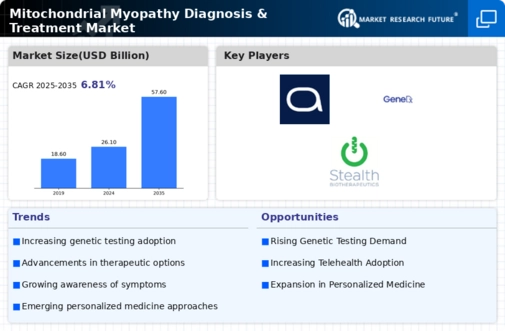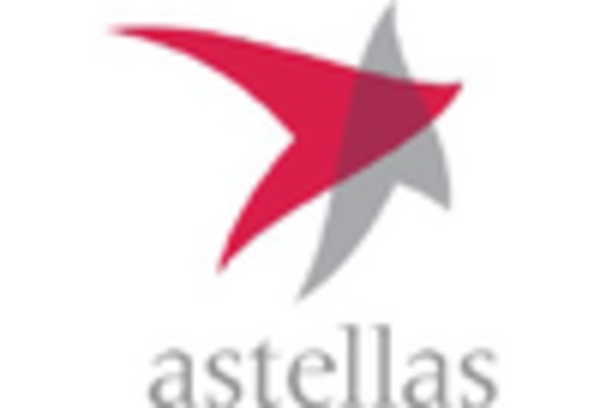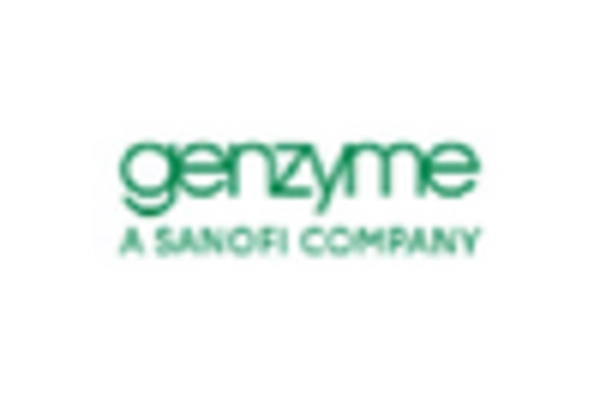Market Share
Mitochondrial Myopathy Diagnosis & Treatment Market Share Analysis
The landscape surrounding mitochondrial myopathies remains challenging due to the absence of an existing cure. This unmet need within the market creates a significant demand for a pharmaceutical breakthrough, even if the potential drug exhibits lower cure rates or efficiency in managing the condition. The thirst for a solution in the market for mitochondrial myopathies is such that any novel drug, even with partial efficacy, is poised to experience rapid adoption and acceptance, while requiring minimal marketing efforts.
The unique scenario within this market stems from the desperation of patients and healthcare providers seeking any form of relief or improvement in managing the symptoms associated with mitochondrial myopathies. Consequently, the introduction of a new drug—however incremental its impact may be—holds the promise of swift market uptake. This swift acceptance is driven by the urgent need for treatment options, thus reducing the time and resources typically invested in extensive marketing campaigns.
Moreover, the return on investment for a pharmaceutical company introducing a new drug targeting mitochondrial myopathies is projected to be exceptionally high. The absence of existing treatments creates a vacuum where any novel drug that demonstrates even a moderate level of efficacy could potentially become a blockbuster within the market in an incredibly short span.
The prospect of a successful drug in this field holds the promise of lucrative returns for the investing pharmaceutical company. Given the high demand and scarcity of effective treatments, the commercial viability of such a drug is likely to surpass expectations, yielding substantial financial gains for the company.
Additionally, the intellectual property rights and in-house expertise amassed during the development of a novel drug tailored for mitochondrial myopathies further contribute to the competitive advantage of the pioneering company. This amassed knowledge, along with the intellectual property protections, creates barriers to entry for competitors, positioning the first-mover pharmaceutical company in a monopolistic position within the market.
The principle of 'first come, first serve' holds significant weight in this context, as being the initial entrant with an effective or partially effective drug affords a distinct advantage in establishing market dominance. The monopoly-like situation generated by the lack of competition positions the pioneering company to capture a substantial market share, which might prove challenging for later entrants attempting to penetrate the market.
In conclusion, the absence of a cure for mitochondrial myopathies fuels a heightened demand for any pharmaceutical breakthrough, irrespective of its efficacy rates. The introduction of a novel drug, even with partial efficacy, promises swift market acceptance, high returns on investment, and the potential to establish a monopolistic position within the market. This underscores the immense value and competitive advantage associated with being the pioneering company to successfully introduce a drug targeting mitochondrial myopathies, highlighting the significance of the 'first come' advantage within this niche yet pressing market segment.



















Leave a Comment